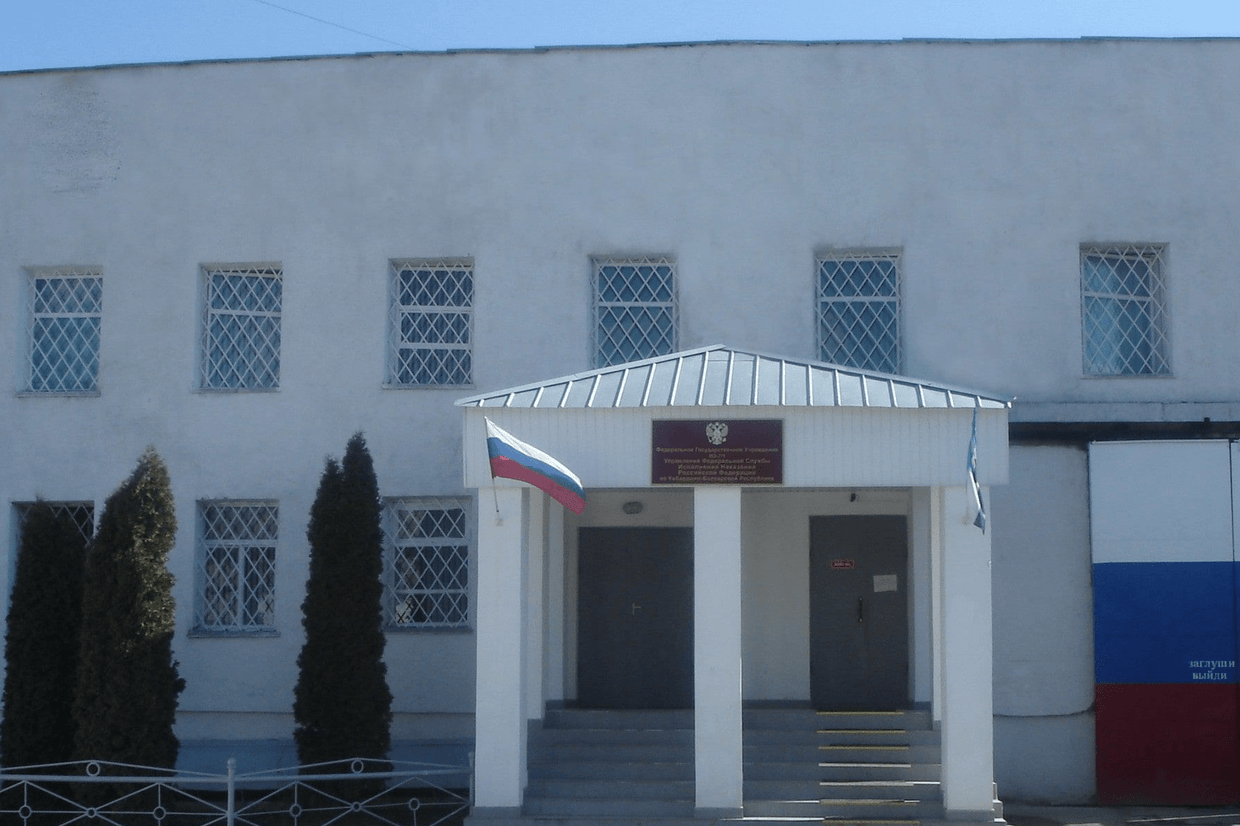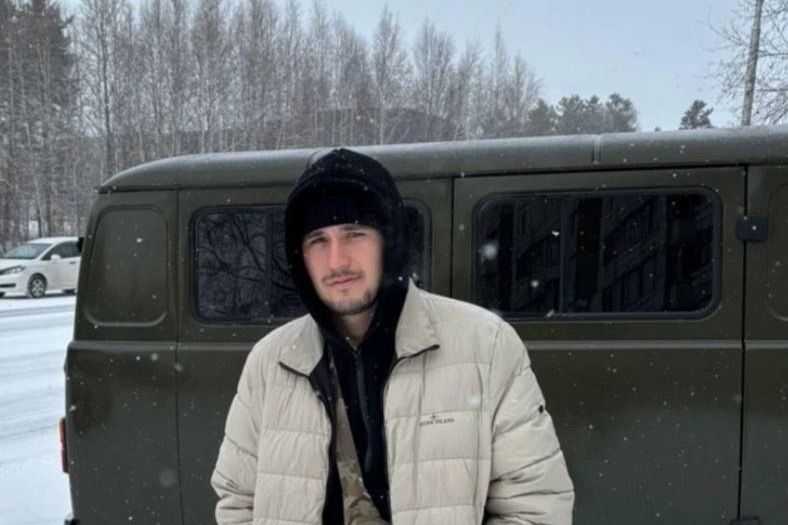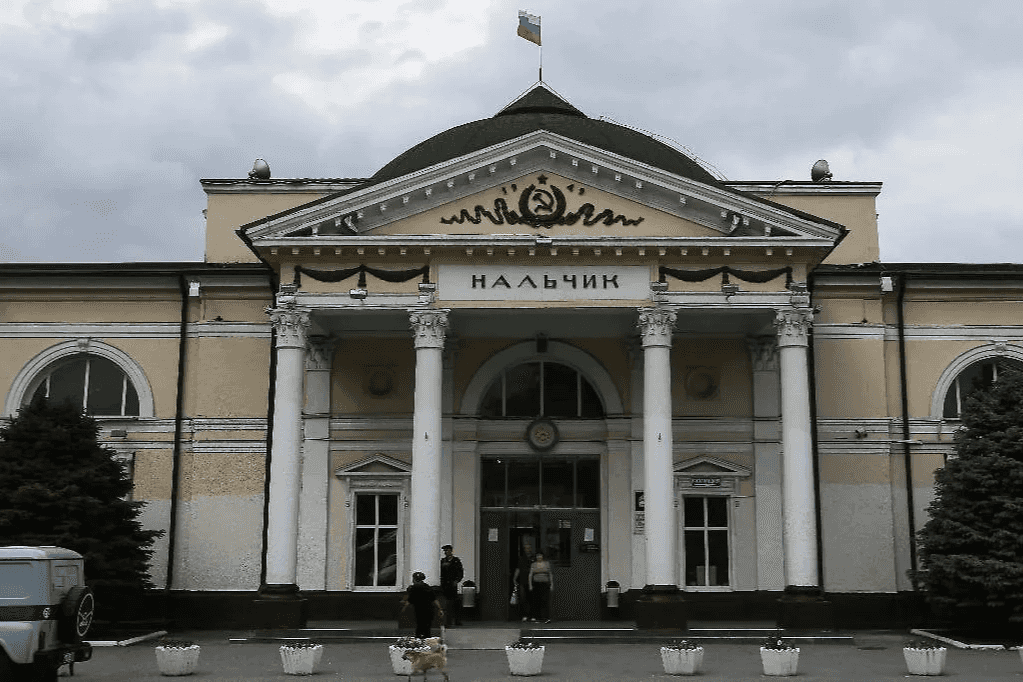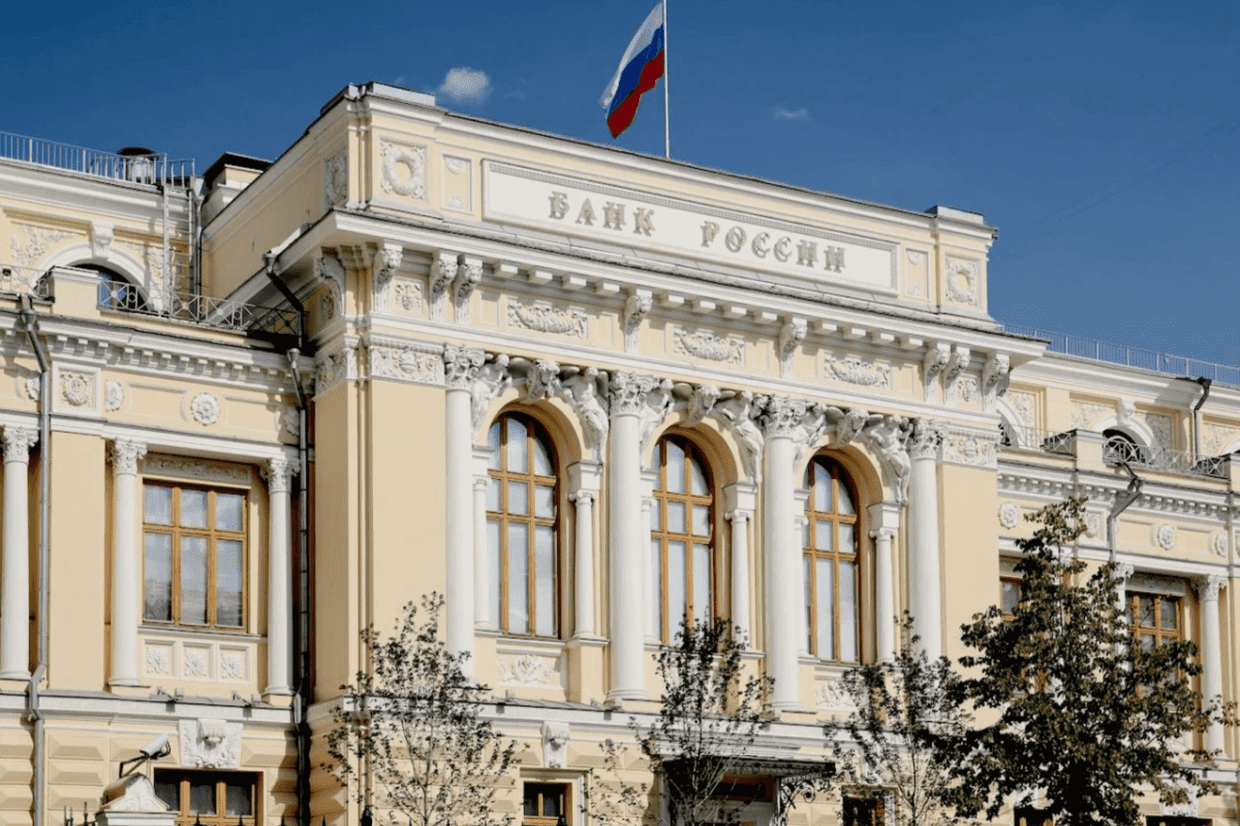
Relatives of those detained during mass raids in Kabarda–Balkaria have submitted complaints to the regional Human Rights Commissioner, claiming that security forces planted SIM cards and mobile phones on their family members and violated legal procedures during the searches.
According to human rights defenders, 48 people were detained overnight between 13–14 May. All of them were Muslim.
Following the raids, six residents filed formal complaints to the regional human rights centre and to Boris Zumakulov, Kabarda–Balkaria’s Human Rights Commissioner.
There has been no public confirmation of the mass detentions from official law enforcement bodies. The regional Investigative Committee has not published any statements about terrorism-related charges since 14 May.
However, on 15 May, the Telegram channel Sapa Kavkaz reported the arrest of 16 people allegedly linked to a banned terrorist organisation. According to the channel, the group was formed by a 39-year-old man named Aslan Y., who allegedly recruited 15 acquaintances. Weapons, religious literature, and ammunition were reportedly seized from their homes.
Human rights advocates, however, are presenting a different narrative — one of planted evidence and pressure on the detainees.
Ganga Makhmudova, a resident of Kabarda–Balkaria, stated in her complaint that at 2:00 on 14 May, armed security personnel broke into her home. Her sons, Ansar and Amin Khurum were allegedly held at gunpoint. She claims the search was carried out without a warrant.
‘Three men in plain clothes rushed into one of the rooms, looking around, and one of them bent behind the door as if placing something there. I saw it with my own eyes’, Makhmudova wrote.
Later, a phone with a SIM card was ‘discovered’ in that room. Her sons insisted they had never seen the device before.
Ansar Khurum was sentenced to ten days in detention for allegedly disobeying officers, while Amin is facing charges of involvement in a terrorist organisation and remains in prison on remand.
In turn, Rimma Bichekuyeva said her son Azamat, a father of five, was not at home during the search. She believes the evidence was planted in advance.
‘One of the officers, unaware that as a Balkar I understand the Kabardian language, said: “Everything is in place, all set, we can begin” ’, she claimed.
Shortly after, officers ‘found’ a phone with a SIM card. According to Bichekueva, they behaved rudely, frightened the children, and confiscated all phones, as well as the children’s tablets.
Fatimat Zholabova, a Nalchik resident, described in her complaint how one officer opened a cabinet under the TV and placed something inside, after which another officer ‘discovered’ a phone with a SIM card. Her son Zaur, a father of four young children, is in poor health and requires medical treatment. She claimed1 he is being subjected to physical abuse.
Another resident of Nalchik, Yamze Prosvirina, said that only two air pistols — for which her son Eduard holds a licence — were seized during the search. Nevertheless, he was remanded into custody for two months.
Elina Daurova, the wife of Artur Tenov, believed the phone allegedly found during their search was planted. She noted bruises on her husband’s body when she saw him in court.
Another complainant, Iza Bersekova from the village of Nartan, stated that the case against her son Timur was entirely fabricated and that there was no evidence of his guilt.
The Interior Ministry, the Investigative Committee, and the Prosecutor’s Office of Kabarda–Balkaria have not made any official announcements about the opening of terrorism-related criminal cases.
The Kabarda–Balkaria Human Rights Centre reported on its website that searches took place at a minimum of 42 properties in Nalchik and Nartan. All those detained, the organisation noted, are practising Muslims.











